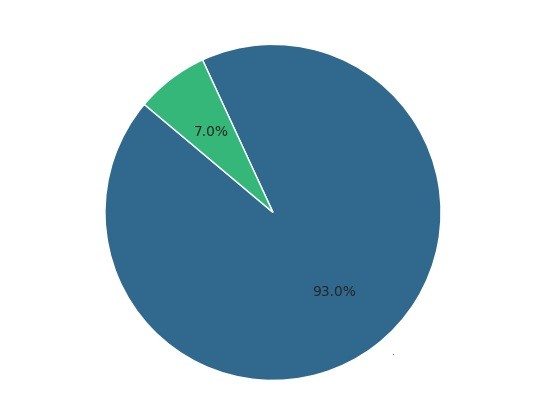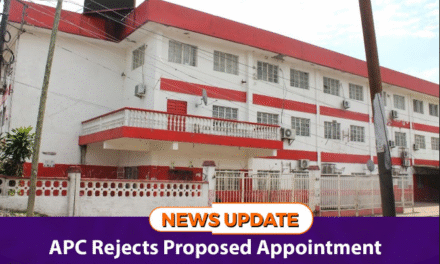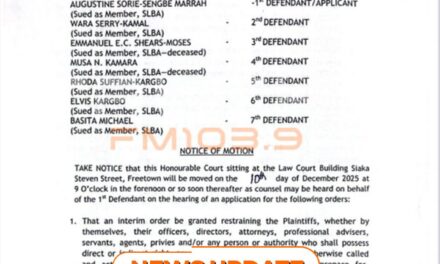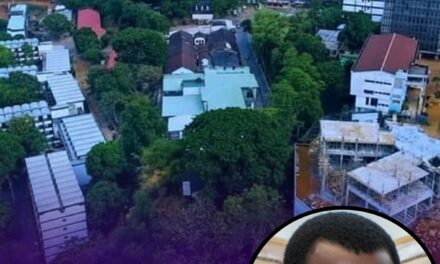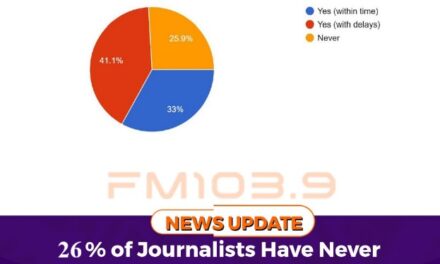Freetown, 25th August 2025 -In a country often marked by political polarization and regional fault lines, a new Afrobarometer survey has revealed a striking consensus: 93% of Sierra Leoneans believe government appointments must reflect ethnic and regional balance. This overwhelming majority cuts across party lines, geography and social strata, signaling a powerful public mandate for inclusive governance.
The 2025 survey, conducted nationwide, paints a vivid picture of a population eager to move beyond the zero-sum politics that have long defined Sierra Leone’s post-conflict democracy. Citizens are not just calling for diversity they’re demanding it as a prerequisite for legitimacy.
Support for cross-cultural and cross-regional inclusion is also strong: 73% of Sierra Leoneans favor appointing individuals from ethnic groups different from their own, while 70% support inclusion of people from other regions. Notably, 66% endorse the idea of appointing individuals from rival political parties, signaling a public appetite for coalition-building and bipartisan leadership.
These figures reflect a clear shift in public expectations away from patronage and toward a more representative, reconciliatory model of governance. These numbers are more than statistics they’re a referendum on the status quo. After the contentious 2023 elections, which exposed deep divisions and triggered widespread calls for reform, Sierra Leoneans appear ready to embrace a new political ethos: one rooted in representation, fairness, and national cohesion.
The data suggests a growing rejection of winner-takes-all politics. With 66% of respondents supporting appointments from rival political parties, the public is signaling a desire for coalition-building and bipartisan leadership. This is particularly significant as the Tripartite Committee tasked with reviewing Sierra Leone’s electoral framework deliberates on reforms that could reshape the architecture of governance.
The implications are profound. If these public sentiments are translated into policy, future governments may be compelled to adopt quota systems, regional balance mandates, or even constitutional amendments to ensure equitable representation.
But why does this matter now? First, it will promote post-election healing. After the 2023 electoral tensions, inclusive appointments could serve as a bridge toward national reconciliation. Furthermore, in the area of youth and diaspora engagement, younger voters and diaspora communities often disillusioned by ethnic favoritism may re-engage if they see fairness institutionalized. It will also build Institutional trust: Public confidence in state institutions hinges on perceived impartiality. These reforms could restore trust in governance.
As the Tripartite Committee continues its review, civil society groups, student unions, and advocacy journalists have a unique opportunity to amplify these findings. The data provides a clear roadmap: Sierra Leoneans want a government that looks like them, speaks for them, and governs with all regions and ethnicities in mind.
This is not just a policy debate, it’s a national reckoning. The question is no longer whether inclusive governance is desirable. The question now is: Will leadership rise to meet the moment?
